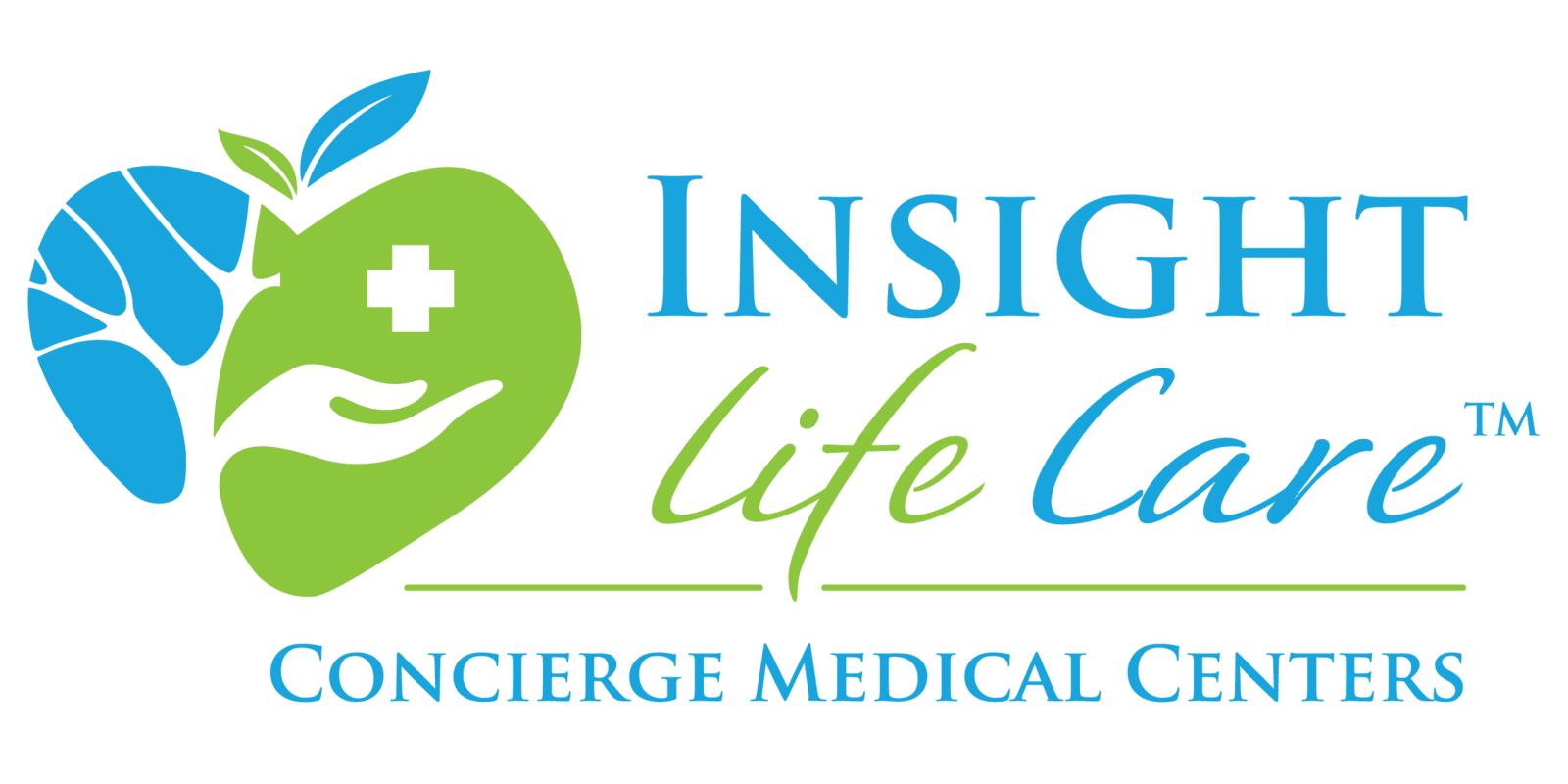Happy March everyone!
Can you believe it has been a full year that we have been experiencing the impacts of COVID? Luckily, with vaccines becoming more readily available, the situation (hopefully) can only improve from here. Nonetheless, it's still super important that we continue wearing our masks and social distancing.
At least the weather is starting to get nicer, so we can do more outdoor activities like going to the beach! Remember, it's important to spend time in the sun to ensure our bodies are producing enough Vitamin D. Sunlight hitting the skin begins a process that eventually leads to the creation of the biologically active form of the vitamin. Overall, research is showing that many vitamins, while necessary, don't have such great disease-fighting powers, but vitamin D may prove to be the exception. Epidemiologic studies are suggesting it may have protective effects against everything from osteoporosis to cancer to depression to heart attacks and stroke.
If you are planning on spending an extended amount of time in sun, especially at the beach or in the middle of the day, be sure to protect your skin with at least SPF 30 sunscreen.
Let's talk about depression
While everyone has experienced sadness, not everyone has experienced depression. If you’ve never been depressed, chances are that you don’t have a real grasp on what living with this complex mental illness is like. Depression affects not only your mood, but also your ability to feel, think, and function. It blunts sensations of pleasure, closes off connectedness, stifles creativity, and, at its worst, shuts down hope.
Some common symptoms of clinical depression are:
- Constantly feeling tearful, empty, or worthless
- Having little interest or pleasure in your work, hobbies, friends, family, and other things you once enjoyed
- Feeling listless or fatigued for no obvious reason
- Having trouble concentrating or making decisions
Of course, it’s normal to have any or all of these symptoms temporarily (for hours or even days) from time to time. The difference with depression is that the symptoms persist and make it difficult to function normally. If you suspect that depression is interfering with your life, talking about what you’re experiencing and discussing treatment options with Dr. Nussbaum or another medical professional is essential. People with depression who seek treatment will find significant relief from lifestyle changes, talk therapy (psychotherapy), medication, or a combination of all efforts, as determined by you and your doctor.
If you currently are feeling mild depression symptoms, it may be helpful to try implementing some lifestyle changes, such as making art, journaling, exercising more, and practicing yoga or mindfulness. Diet changes, too, can uplift your mood by reducing inflammation and helping to ensure your brain gets the nutrients it needs to function at its best.
High cholesterol
Cholesterol is a waxy, fatlike substance, made by the liver and also found in certain foods, that plays an important role in many different bodily functions. Your body needs it to build cells, and it’s a major component of bile, which aids in digestion. There’s nothing inherently bad about cholesterol in your body or blood, but problems can develop if levels in your blood are too high. There are two main types of cholesterol that circulate in your blood: high-density lipoprotein (HDL-good) and low-density lipoprotein (LDL-bad).
If your LDL is too high, cholesterol can combine with other substances to form a hard deposit on the inside of your arteries, known as plaque. Plaque formation in your blood vessels — atherosclerosis — raises your risk of developing several health problems, such as high blood pressure, coronary artery disease, chronic kidney disease, heart attack, and stroke.
There are a number of medications and lifestyle changes that can be implemented to address or prevent complications from high cholesterol. Your diet may be one key to lowering your cholesterol. Try limiting red meats, full-fat dairy, fast food, and commercially baked goods such as breads, cookies, and snacks. Instead, fill your diet with higher levels of soluble fiber (nuts, seeds, beans, apples, pears, lentils, and peas), whole grains, poultry (without the skin), and fish (salmon, trout, tuna, and herring).
If you are interested in learning if your cholesterol levels are healthy, schedule an appointment by calling our office at (813) 689-2961.
Doc's corner:
Just across the bay in St. Petersburg, street art and urban murals of all sizes, shapes, and styles abound. Many come from the annual festival called SHINE St. Pete which takes place in October each year. I've enjoyed them while biking and walking, and there are numerous nearby craft breweries with outdoor safe seating. For a guide, try stpetemuraltour.com. Enjoy!
